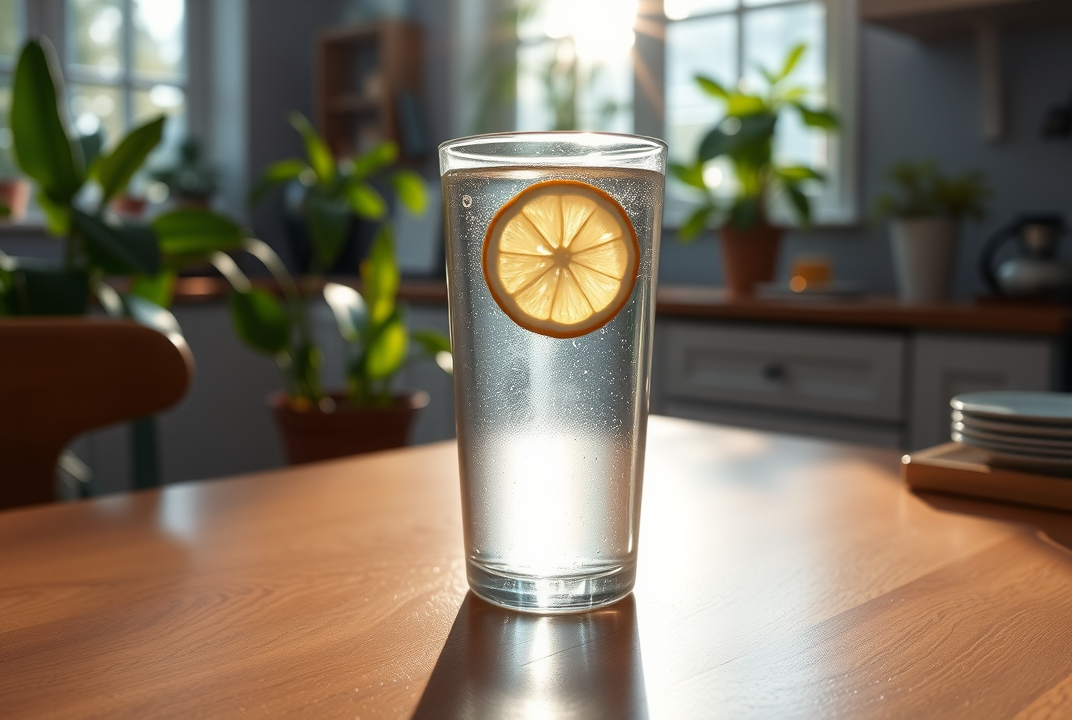The Importance of Hydration in Managing Diverticulitis Flare-Ups

Introduction
Staying hydrated is often heralded as a cornerstone of general health, but did you know it also plays a crucial role in managing diverticulitis flare-ups? For individuals dealing with diverticulitis, understanding how hydration can affect their condition is essential. In this article, you'll discover how proper hydration aids in alleviating symptoms, maintaining gut health, and the practical steps you can take to stay adequately hydrated.
Understanding Diverticulitis
Diverticulitis is a digestive condition that involves the inflammation of small pouches in the digestive tract. These pouches, known as diverticula, can become inflamed or infected, leading to severe abdominal pain, fever, and changes in bowel habits. Managing these symptoms and reducing flare-ups is a primary concern for those diagnosed with diverticulitis.
What Causes Diverticulitis?
The exact cause of diverticulitis isn't fully understood, but factors such as a low-fiber diet, lack of exercise, and dehydration are often linked to the development and worsening of symptoms. Understanding these contributing factors helps in mitigating flare-ups and promoting overall gut health.
How Hydration Helps Manage Diverticulitis
Hydration is pivotal in managing digestive health. Here’s how it specifically benefits individuals with diverticulitis:
1. Promotes Smooth Digestion Staying hydrated ensures that your digestive system operates smoothly. It helps in softening the stool, making it easier to pass and reducing the risk of constipation, a common trigger for diverticulitis flare-ups.
2. Aids in Nutrient Absorption Water assists in breaking down food so that your body can absorb nutrients effectively. Proper nutrient absorption is crucial for healing and maintaining gut integrity.
3. Reduces Inflammation Adequate hydration helps to flush out toxins and reduce inflammation in the digestive tract, contributing to decreased episodes of pain and discomfort during flare-ups.
4. Supports Overall Gut Health Good hydration promotes a balanced intestinal environment by supporting good bacteria that help in digestion and inflammation control.
Signs You Might Be Dehydrated
Being aware of dehydration signs is key to preventing diverticulitis symptoms:
-
Dry mouth and extreme thirst
-
Fatigue
-
Reduced urine output
-
Dark yellow urine
If you notice these signs, increasing your water intake is important.
Tips for Staying Hydrated
Here are practical ways to ensure you stay hydrated:
-
Drink Water Regularly: Aim for at least 8-10 glasses of water a day. This helps in maintaining fluid levels and supports digestion.
-
Hydrating Foods: Include fruits and vegetables with high water content in your diet, such as cucumbers, melons, and oranges.
-
Monitor Caffeine and Alcohol Intake: Both can increase dehydration, so consume them in moderation.
-
Set Reminders: Use apps or timers to remind you to drink water throughout the day.
Common Misconceptions about Hydration and Diverticulitis
Many misunderstand the role of beverages other than water in hydration. Here's clarification:
-
Myth: All Beverages Hydrate Equally: Not all drinks are created equal. Sugary and caffeinated drinks can lead to dehydration.
-
Myth: Drinking Water is the Only Way to Hydrate: While water is essential, other sources like hydrating foods are beneficial.
Conclusion
Hydration is a simple yet effective way to manage diverticulitis symptoms and promote gut health. By integrating consistent hydration habits into your daily routine, you can better control flare-ups and support your digestive system. For those experiencing frequent symptoms, consulting with healthcare professionals about a diet tailored to diverticulitis may offer additional benefits.